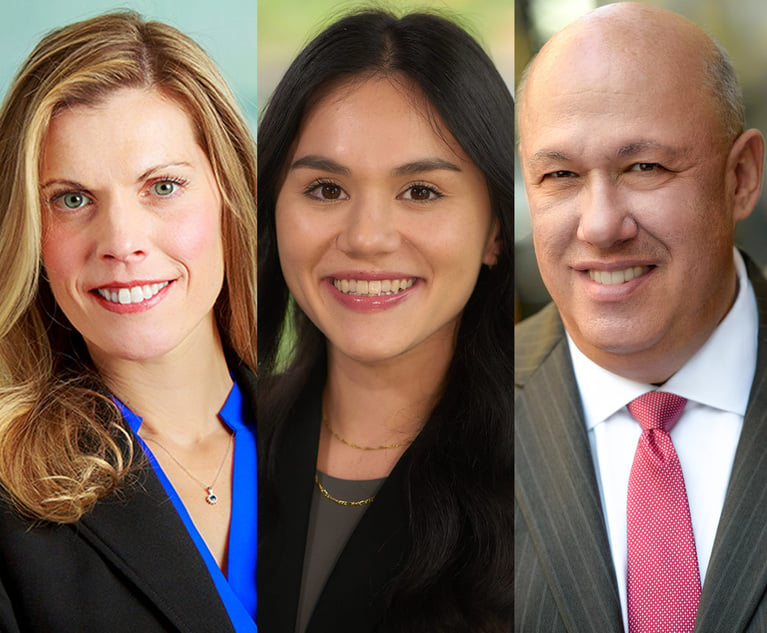For many years, taxpayers have periodically attempted to challenge, as unconstitutional, provisions of the New York state personal income tax that cause certain taxpayers to be subject to dual state taxes, in particular, by characterizing as New York residents individuals who are domiciled in another state but (1) maintain a permanent place of abode in New York and (2) spend all or a portion of more than 183 days in New York during the taxable year. Such individuals are taxable as residents in both their state of domicile and New York. In the most significant prior case, Tamagni v. Tax Appeals Tribunal of the State of New York, 91 N.Y.2d 530 (1998), the New York State Court of Appeals held that such provisions did not violate the U.S. Constitution.
Five years ago, the U.S. Supreme Court ruled in Comptroller of the Treasury of Maryland v. Wynne, 575 U.S. 542 (2015), that provisions of the Maryland State Tax were unconstitutional. Since then several New York taxpayers have attempted to resurrect these constitutional challenges to the dual residency problem. The most recent challenge was a recent Division of Tax Appeals determination, Rusakoff, DTA Nos. 827740 and 827741 (Dec. 19, 2019), in which petitioner’s choice of vacation home had the unfortunate result of effectively doubling tax on his investment income.


 Joseph Lipari and Aaron S. Gaynor
Joseph Lipari and Aaron S. Gaynor




